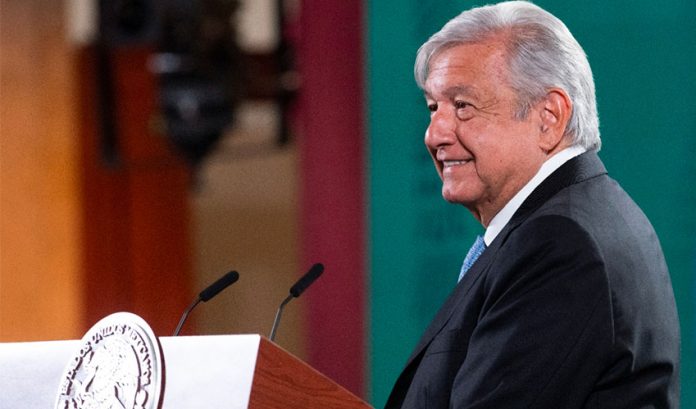If at first you don’t succeed, try, try again. President López Obrador has taken that old adage to heart. His government spent most of last year trying to alter energy regulations to favour his cherished state-run oil and energy national champions and undo a landmark 2013 reform.
When those efforts were suspended in the courts, he attempted legislative changes this year. Predictably, those, too, ran into legal challenges.
His latest attempt has come via the modification of foreign trade and customs rules. Experts say the maneuver will limit the import and export of hydrocarbons in defiance of Mexico’s constitution, U.S.-Mexico-Canada Agreement and WTO rules, undermine Mexico’s competitiveness and hurt major players like Chevron, Shell and ExxonMobil.
The measure was quietly published in the official gazette, the record of legal government notices, earlier this month. It means firms other than so-called state productive enterprises — namely oil company Pemex and electricity utility CFE — will lose the flexibility to import and export hydrocarbons in different parts of the country.
Previously, companies such as Chevron that operate fuel-storage terminals or other infrastructure could import the hydrocarbons and clear customs at their facilities rather than having to use official customs posts.
However, now only state enterprises will be allowed to import or export hydrocarbons through such alternative locations.
AMEXHI, the Mexican hydrocarbons association, had no immediate comment. The move will restrict companies to ports, border crossings and other official customs posts, said Christopher Ávila, vice-president of the hydrocarbons commission at Coparmex, the employers’ confederation.
“This affects storage capacity and competitiveness, especially for oil products,” he said, and gives Pemex an “excessive and undue” competitive advantage.
Eduardo Pérez Motta, a former head of Mexico’s antitrust authority, went even further:
“This is a totally discriminatory decision, it’s uncompetitive,” he said.
López Obrador has made strengthening Pemex and the CFE the cornerstone of his energy policy and wants to halt oil exports in order to focus on domestic refining to achieve his goal of fuel self-sufficiency. He has promised he will not increase fuel prices, which are widely watched by consumers.
But the move — which will probably face legal challenges — creates uncertainty as to the operation of fuel storage terminals and other infrastructure, noted Campa & Mendoza, a law firm.
“Given that only Pemex may be granted these authorizations, are we facing a ‘forced sale’ of assets in favor of the state productive enterprise? With respect to new authorizations, the new rules may affect exploration and production projects that require the LDA [a special export permit] to export crude oil or natural gas directly from its offshore facilities,” it said.
One source in the hydrocarbons industry who asked not to be named said:
“It looks like a duck, it walks like a duck and sounds the same as other measures designed to use decrees to restore to Pemex what for decades it has failed to achieve … the ability to continue to compete under norms and industry rules … There are companies who are considering challenging this disposition through injunctions.”
As well as injunctions, firms could consider investor-state or state-to-state dispute proceedings under the USMCA. The move could be challenged under WTO rules on the grounds that the new measures constitute a barrier to trade, Ávila said.
We shall see whether the rule survives — or if the courts send López Obrador back to the drawing board once again.
